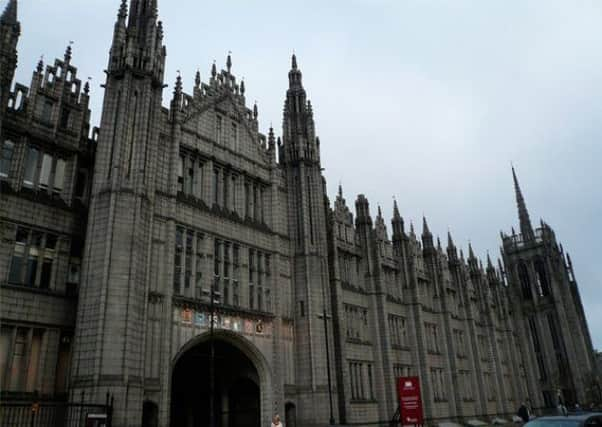Council savings ‘increasingly difficult’ to find


Local authorities will be required to make “substantial savings” over the next four years, with choices on how to address funding gaps becoming increasingly difficult, Audit Scotland said.
Its report for the Accounts Commission on an overview of local government in 2014 said that so far, savings have been made mainly by cutting staff numbers - but this measure is not sustainable in the longer term.
Advertisement
Hide AdAdvertisement
Hide Ad“Councils, as with other parts of the public sector, have always faced difficult choices in allocating limited money, staff and other assets such as buildings across competing priorities.
“However, against a backdrop of savings and staff reductions to date, these decisions are increasingly difficult,” the report said.
The financial position of Scotland’s 32 councils, who collectively spent almost £21 billion in 2013, has also highlighted the need for “strong political and managerial leadership”.
The report identified “heightened tensions” in some council chambers which is “leading to strained working relationships”.
Problems were identified at Argyll and Bute, Falkirk and Aberdeen.
Such tensions threaten effective leadership, and the council’s ability to do business effectively and achieve best value for services, the report said.
It said: “Looking ahead, further pressures and tensions are likely. Locally, the political make-up of councils is closely balanced, with half of councils run by coalitions, and reduced budgets mean that choices and decisions on services are harder.
“Nationally, the referendum on independence is the main political issue in Scotland in 2014, with heightened political activity for all parties and elected representatives, including councillors.”
‘Further reductions anticipated’
Advertisement
Hide AdAdvertisement
Hide AdAccounts Commission chair Douglas Sinclair said: “Finances remain tight and councils anticipate further budget reductions. To date they have balanced budgets mainly by reducing staff numbers, but this alone is not sustainable in the longer term.
“Increasing numbers of older people, who typically need more public services - notably health and social care, as well as the public’s rising expectations of service quality are among a range of factors contributing to increased demands on services.
“Councillors need to have an open mind on how they organise the services they provide. That means looking afresh at what people need, how it can be delivered and who can best deliver it.”
He added: “The Commission has expressed its consistent view that it is unacceptable if political tensions become so extreme that they compromise a council’s ability to ensure effective leadership, demonstrate good governance and, as a result, weaken the public’s trust and confidence in the integrity of the council and its councillors to conduct public business.”
‘Bland’ report slammed by Cosla
David O’Neill, president of council group Cosla, described the report as “bland” and a “tick-box exercise”.
He said: “It gets full marks for blandness and for stating the obvious but delivers nothing in terms of moving things forward or offering real, constructive proposals. In a nutshell, it tells us nothing that we are not already aware of.
“As each year passes it seems that getting a headline is more important than the content of the report - however this year I think it will even struggle to achieve that.”
Scottish Conservative chief whip John Lamont said: “It is of extreme concern that the important work of local authorities is being undermined by petty political divisions.
Advertisement
Hide AdAdvertisement
Hide Ad“This year is unique in Scotland, and people have to adjust their behaviour accordingly.
“People of all political persuasions are having to bury the hatchet and unite behind certain ideas.
“There is no reason why some councils should be acting any differently.”
Green MSP Alison Johnstone said: “With damaging budget cuts over several years and with political tensions high, it seems that cracks are beginning to appear in the governance of important public services.
“This report shows the need for a new deal for local government to strengthen democracy and improve services for communities.
“The Greens would put more powers and funding in the hands of smaller scale councils, which would be able to better represent local people.”
SEE ALSO: